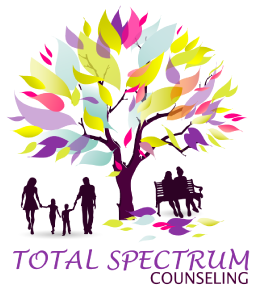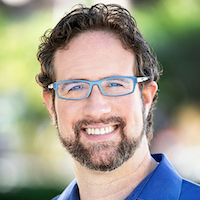
Pyschodynamic Therapy
Evolving significantly from its Freudian roots, Psychodynamic Pyschotherapy is an emotional and relational discipline known for facilitating deep and long-lasting change. Psychodynamic therapy is has been validated as an effective therapy for complex problems often stemming from childhood trauma. Clients meet with a therapist once or twice weekly and work together to understand thoughts, feelings, and behaviors. Key features of Psychodynamic therapy include focus on emotions and relationships, exploring attempts to avoid distress, identification of recurring themes and patterns, and explorations of one’s inner life, including fantasies and dreams.

Humanistic Psychotherapy
Humanistic Psychotherapy is a holistic approach to healing with an emphasis on free will, emotional safety, and depth of understanding. Humanistic therapists guide you to understand the totality of your experience in a nonjudgmental way to aid you in making decisions that are in touch with your emotions, values, and life goals.

Trauma Resilency Model (TRM)
Trauma Resiliency Model is a form of somatic therapy. TRM is based on the most recent scientific understanding of trauma and recovery. It borrows the best tools from various therapeutic models and combines them into an easily accessible and straight forward therapy that can bring clients rapid relief from traumatic experiences.

Individual Therapy
The most common form of therapy, you will meet with your therapist either in person or over a web-based video platform. Please do not hesitate to ask your therapist about anything. Sometimes settling into therapy can be frightening. Opening up the most intimate parts of our lives requires trust, and we are willing to earn it.

Family Therapy
Therapy will focus on families as a whole. The strengths of family members are used in solving problems and working together. Although individual therapy is typically the modality of choice for most people, the majority of psycological challenges that bring people to counseling stem from problematic family relationships. Miscommunications, differing needs and goals, different personality styles and temperaments – all these have the potential to create an environment in which problems arise – anxiety, depression, meltdowns, and even psychosis in some cases.

Couples Therapy
Family therapist Virginia Satir said, “I want to love you without clutching, appreciate you without judging, join you without invading, invite you without demanding, leave you without guilt, criticize you without blaming, and help you without insulting. If I can have the same from you, then we can truly meet and enrich each other.”
This ideal of an intimate relationship seems harder and harder to achieve. Our own traumas, unrealistic expectations, value clashes, and being surrounded by the constant distractions of everyday life can be toxic to our deepest, most important relationships. Conflicts can arise, contempt and judgment prevail, and we begin to separate from one another. When blame surfaces, and we become defensive, we lose track of the various forces in the background that affect our relationships – many of them not anyone’s fault. Couples therapy is a place to focus on each other, and re-focus efforts to sustain a relationship away from the distractions and stresses of everyday life.
A note about sex-positivity: One reason for conflict in couples is differences in sexual desires and values. We practice from a sex-positive perspective. Sex-positivity is an attitude that accepts and celebrates the diversity of expression of human sexuality. Many therapists are quick to judge sexual behavior based on preconceived notions or an overly moralistic view of sexuality. We believe that these types of cultural judgments universally lead to negative treatment outcomes. Whatever difficulties you may be experiencing in the realm of sexuality, you can be assured Total Spectrum Counseling is a shame and judgment free zone.

Occupational Therapy
Occupational therapy (OT) is a client-centered, holistic profession that promotes the health and well being of people of ages through occupations— all the things we want and need to do in our daily lives.
Is it hard for you to do everyday activities such as dressing, showering/bathing, preparing food, or remembering to eat? Is shopping (online or in-person) an overwhelming task? Do you feel stuck when trying to begin or complete important tasks such as paying bills, taking medicines, or keeping appointments and deadlines? Are school or work routines and environments stressful to the point of causing you to avoid them? Do you lose your words when you are stressed out? Do you experience too much through your senses and feel too overwhelmed to manage daily life?
The primary goal of OT is to support individuals to engage in the activities that are meaningful and matter to them. OT can help you reclaim your independence and function by helping to develop the tools you need in order to meet your needs and stop being stuck in a place of "it's too much" or "I can't".
Total Spectrum Counseling’s OTs will work with you to develop a plan that will address meeting your needs so that you can experience fewer limitations and increase the quality of your life. Some parts of the plan might mean making changes to your home, school/work, and community environments. Other parts of the plan might include providing technology or tools in order to help you perform tasks or communicate more effectively. Total Spectrum Counseling's OTs will lean into your strengths, partnering with you to develop strategies for making your daily life routines more doable.




